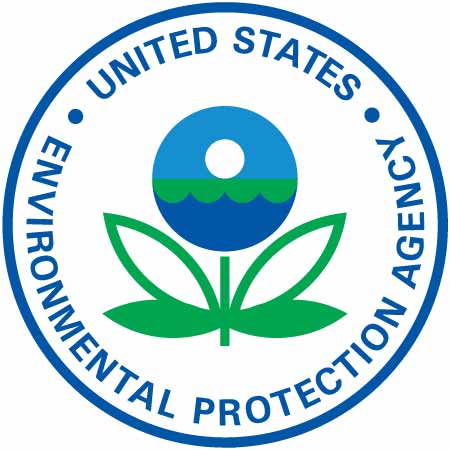Media
EPA: Regulation without Representation
 Yesterday, I presented comments to the EPA’s advisory committee on the revision of the air standard for ozone, regulated under the Clean Air Act.
Yesterday, I presented comments to the EPA’s advisory committee on the revision of the air standard for ozone, regulated under the Clean Air Act.
The proposed standard for ozone has taken fire from some academics and practitioners for its questionable methodology. The risks that this proposal may prevent are reasonably small, and are far outweighed by the negative economic impacts it will have nationally. The revised standard is estimated to cost Pennsylvania $347 billion and 3.4 million job-years between 2020 and 2030.
The most egregious part of this process is that the EPA does not consider the economic impact of the revision. Under the Clean Air Act, the EPA is barred from taking into consideration the costs of its policies.
This is part of a larger issue, currently being debated, over how much power the EPA should wield via the Clean Air Act. Congress is particularly concerned that the EPA will handle greenhouse gas emissions (aka climate change policies) in the same manner it’s handling the ozone standard. As Marlo Lewis, Jr. with the Competitive Enterprise Institute accurately stated:
Americans live under a regime of regulation without representation. In the modern regulatory state, elected officials enact broad regulatory statutes…However, Congress and the president then delegate to non-elected officials the tasks not only of developing and proposing but also of enacting the implementing rules.
Congress should move to swiftly address this issue, as the EPA begins to implement policies that failed to pass both chambers. Further, the EPA should withdraw its ozone reconsideration proposal. The evidence suggests this will not provide significant health benefits, while it is certain to profoundly eliminate jobs, diminish state revenue and reduce the living standards of millions of Pennsylvanians.